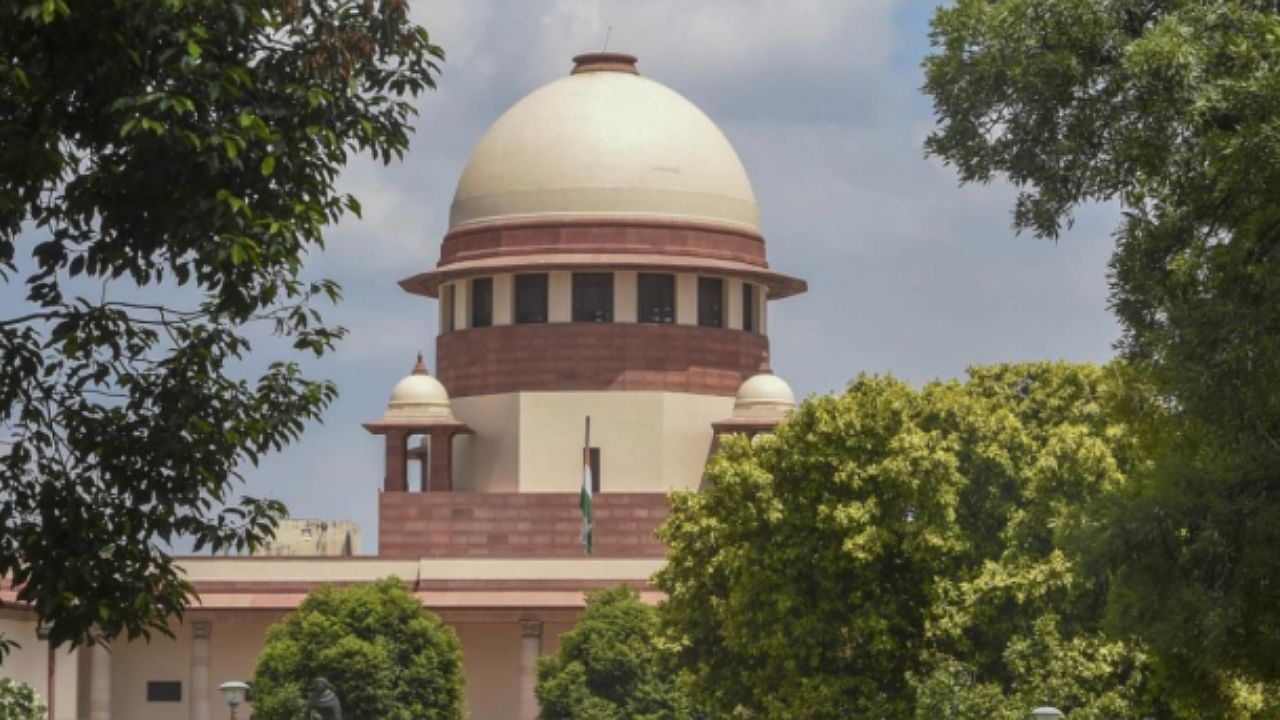
The Karnataka government on Tuesday once again assured the Supreme Court that it would not take any action on its March 27 decision to scrap the 4 per cent Muslim quota in the OBC category in job and education.
A bench of Justices K M Joseph and B V Nagarathna took into consideration a submission by Solicitor General Tushar Mehta on behalf of the state government and posted the matter for consideration on May 9.
The court ordered that the earlier arrangement will continue till the next date of hearing as Mehta sought adjournment in the matter.
"No appointment as per assurance by the Solicitor General would be made and no prejudice would be caused to any contention," the bench ordered.
Senior advocate Dushyant Dave strongly opposed the plea for adjournment, saying they will again do it and the petitioners would be affected by it.
On April 18, Mehta had said the state government would require more time to file its affidavit, prompting the court then to defer the hearing till April 25.
The state government had earlier also sought time to file its response to the challenge of its decision.
On April 14, the state government had given an assurance that it won't undertake any admission to educational institutions or make appointments on jobs in terms of its March 27 order.
The court, then hearing a batch of petitions filed by L Ghulam Rasool and others, had said the decision was prima facie based on fallacious assumption and was vitiated as it was based on an interim report of a Commission.
The petitioners had claimed that the Muslim community has been treated as socially and educationally backward in Karnataka since 1921 and there was no empirical data available to show that now they are socially and educationally advanced.
They also said the identification of the Muslim community as a socially and educationally backward class has been approved by the Supreme Court in Indra Sawhney vs Union of India, 1992 (Mandal case).
They also contended that the inclusion of the Muslim community in the EWS list is unlawful.
